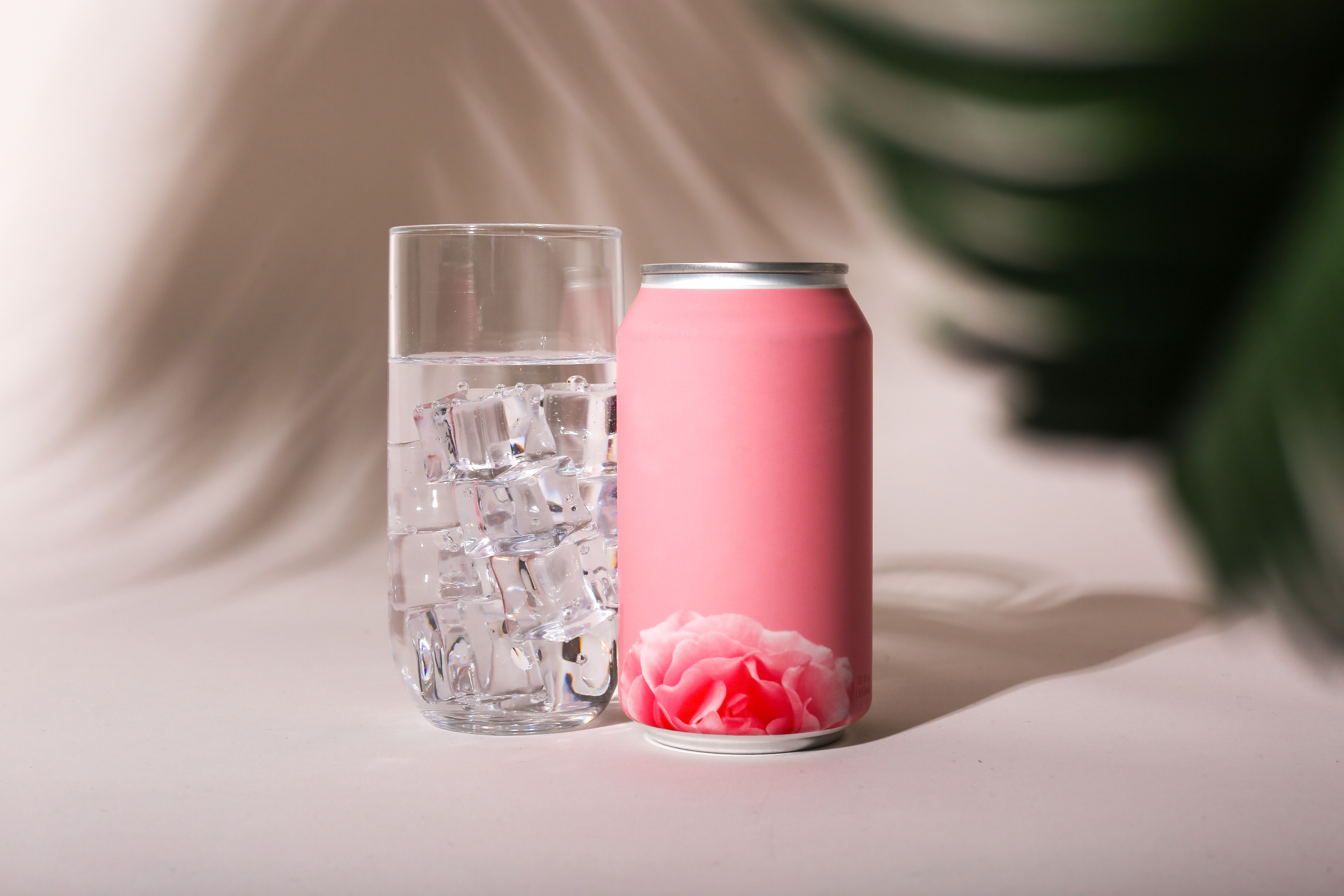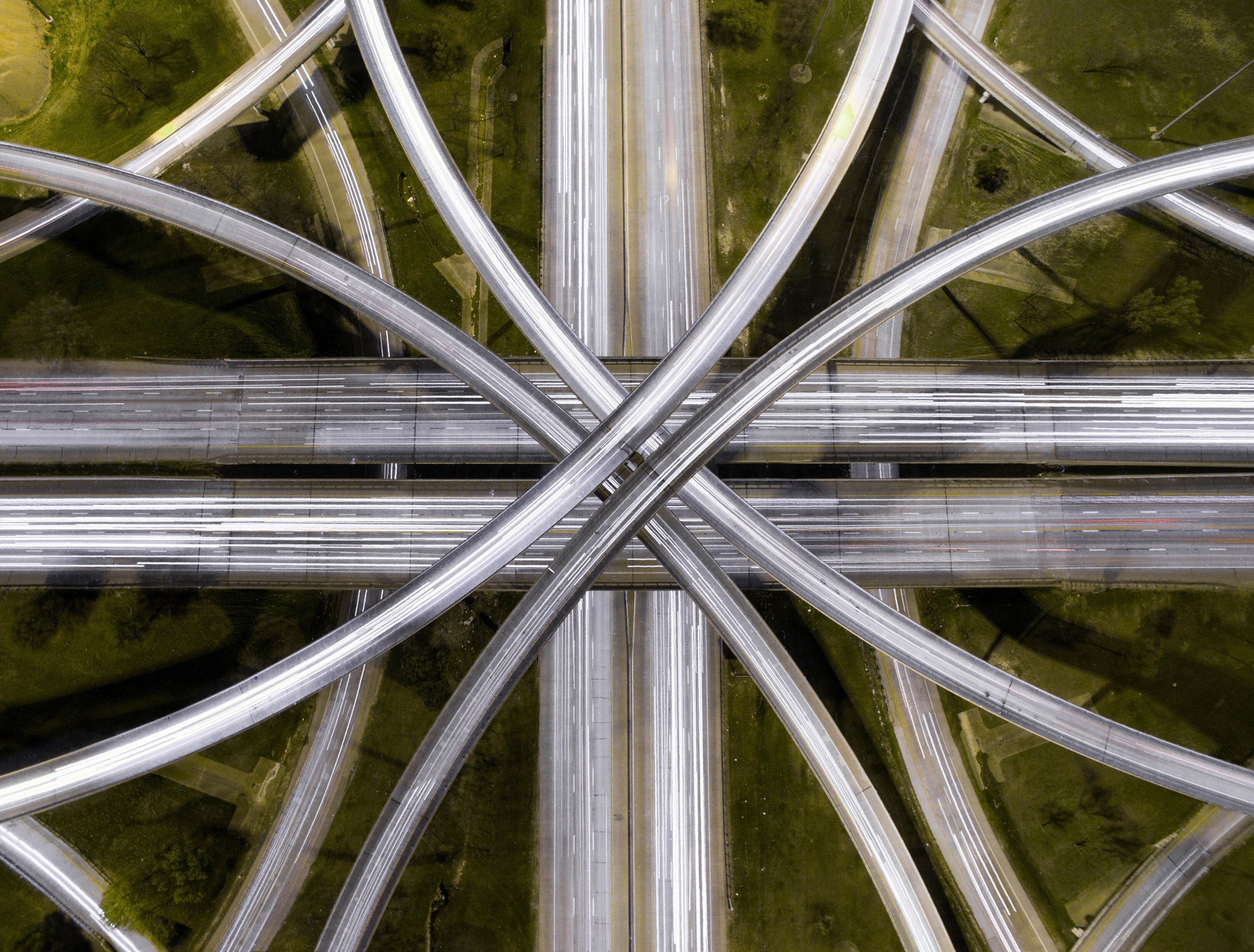Good Brands Make a Move, but Great Brands Plan for the Response
A race car driver can go incredibly fast and still crash if they only focus on what is directly ahead.

On a recent Spring-like afternoon, inspiration hit us as we were out and about. An aha moment about beverage packaging, being People First, and having the courage to innovate propelled us to action. After sipping on a delightful refresher of course. Here’s our revelation recapped:
We believe big water and spirits can take it to the next level with their packaging strategy. Although many beverage manufacturers have increasingly listened to people’s desires for more sustainable packaging, brands could be doing even more right now—and strengthen brand love in the process. We believe in the power of Putting People First as a strategic pathway to increasing profit, and we’re interested to see which beverage companies will do the best job of pursuing opportunities associated with emerging plant-based solutions.
Here’s the context:
Aluminum can-based beverages—with a message of greater sustainability vs. Plastic—have proliferated in recent years. And while we all know about the harm that single use plastics cause, the trend of single-use aluminum cans isn’t much better. Aluminum can-based beverages are indeed more recyclable, but they cause lots of harm to the environment, too.
A few key facts:
TL;DR:
Aluminum cans still have their problems (much higher carbon footprint) and opportunities (higher recycling rates).
This spells opportunity for manufacturers to do a better job of differentiating themselves as delivering on people’s desires for even better environmental consciousness.
Plant First puts People First:
A few packaging-related needs we’ve explored along the way:
People desire clean & healthy, environmentally conscious, and innovative experiences.
Examples:
Big brands’ efforts: a good start but there’s room for more
All this leads to some questions:
We at Bovitz believe in our beverage makers. We want to help them see the business opportunity associated with producing drinks that are not only affordable, quality, clean, and portable but also care for the environment. We’re here to help beverage makers boost their People (and Planet!) First mindset, and in turn, help their products take off.

A race car driver can go incredibly fast and still crash if they only focus on what is directly ahead.

Tracking studies are among the most valuable tools a business can have, but the word “tracking” undersells their potential.